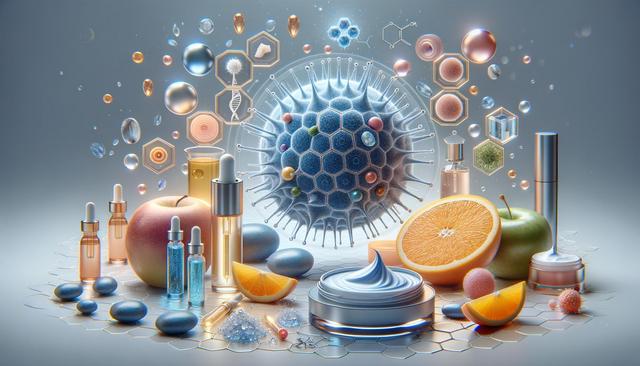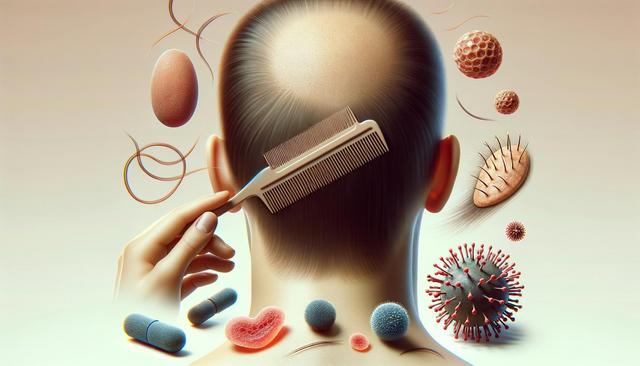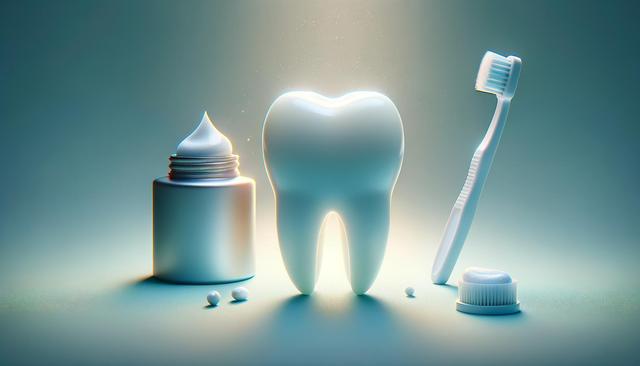Understanding Collagen and Its Role in Skin Health
Collagen is a structural protein that provides strength, elasticity, and firmness to the skin. It’s naturally produced by the body, but its levels begin to decline with age, leading to the appearance of fine lines, sagging, and dullness. In the face, this reduction becomes particularly noticeable because facial skin is thinner and more exposed to environmental stressors. There are several types of collagen, but types I and III are most prominent in the skin. These proteins help maintain the skin’s structural integrity and promote a smooth, plump appearance. Lifestyle factors such as sun exposure, smoking, poor diet, and stress can accelerate collagen breakdown, making it essential to adopt habits that support collagen preservation and regeneration.
Dietary Choices That Support Collagen Production
Nutrition plays a crucial role in maintaining and boosting collagen levels in the face. The body requires specific nutrients to synthesize collagen effectively. Incorporating the following foods into your diet can contribute significantly to skin health:
- Vitamin C-rich fruits like oranges, strawberries, and kiwis help in collagen formation.
- Protein sources such as lean meats, legumes, and tofu provide amino acids like glycine and proline, essential for collagen synthesis.
- Leafy greens and colorful vegetables offer antioxidants that protect collagen from oxidative stress.
- Bone broth is known to contain naturally occurring collagen and gelatin, which may support skin elasticity.
Maintaining adequate hydration is equally important, as well-hydrated skin appears fuller and more resilient. Including omega-3 fatty acids from sources like flaxseeds and walnuts can further support the skin’s barrier function, indirectly helping to preserve collagen.
Topical Ingredients to Look For in Skincare
In addition to nutrition, topical skincare products can aid in maintaining and stimulating collagen in the face. While no cream can replace collagen instantly, certain ingredients have been shown to support its production or protect it from degradation. Key ingredients to include in your skincare routine are:
- Retinoids, which promote cell turnover and collagen synthesis.
- Vitamin C serums, known for their antioxidant properties and support in collagen formation.
- Peptides, which signal the skin to produce more collagen.
- Niacinamide, which can improve skin elasticity and barrier function.
Consistency in using these products is essential. It’s also important to apply sunscreen daily, as UV rays are one of the leading causes of collagen breakdown in the skin.
Lifestyle Habits That Preserve Collagen
Beyond diet and skincare products, daily habits have a profound impact on collagen levels in the face. Making positive lifestyle adjustments can help slow down collagen loss and support the body’s natural repair processes. Consider the following practices:
- Get sufficient sleep to allow the body time to regenerate skin cells and produce collagen.
- Practice stress management techniques like meditation or yoga to reduce cortisol levels, which can negatively affect collagen.
- Avoid smoking and limit alcohol consumption, both of which contribute to collagen degradation.
- Exercise regularly to improve circulation, which helps deliver oxygen and nutrients to skin cells.
These lifestyle habits, when practiced consistently, can create a supportive environment for collagen maintenance and production.
Professional Treatments That May Stimulate Collagen
For those looking to further enhance collagen levels in the face, professional treatments may offer additional support. These procedures are typically performed by dermatologists or licensed professionals and can vary in intensity and results. Some widely used methods include:
- Microneedling, which creates controlled micro-injuries in the skin to stimulate collagen production.
- Laser resurfacing, which uses light energy to remove damaged skin layers and encourage new collagen growth.
- Chemical peels, which exfoliate the skin and can promote smoother texture and improved tone.
- Radio frequency therapy, which uses heat to boost collagen production in deeper skin layers.
While results vary depending on the individual’s skin condition and the treatment type, these options can complement a well-rounded approach to collagen care. It’s important to consult a qualified professional to determine the most appropriate treatment plan for your skin type and goals.
Conclusion: A Comprehensive Approach to Facial Collagen Care
Boosting collagen levels in the face involves a combination of dietary support, effective skincare, consistent lifestyle habits, and, when appropriate, professional treatments. Each of these elements plays a role in maintaining firmness, elasticity, and a youthful glow. Rather than relying on a single solution, integrating multiple strategies can lead to more sustainable and noticeable results over time. By understanding how collagen functions and addressing the various factors that impact its production and degradation, individuals can take proactive steps toward healthier, more resilient skin. Maintaining collagen naturally is a gradual process, but with ongoing care and commitment, it is possible to support a more youthful facial appearance well into the future.


